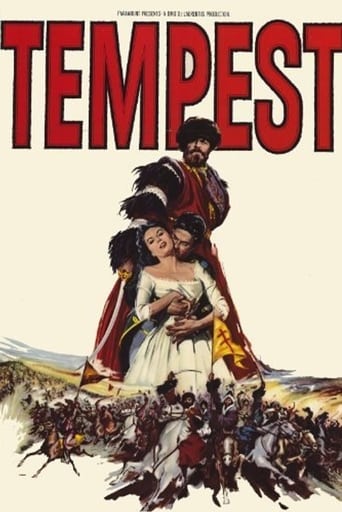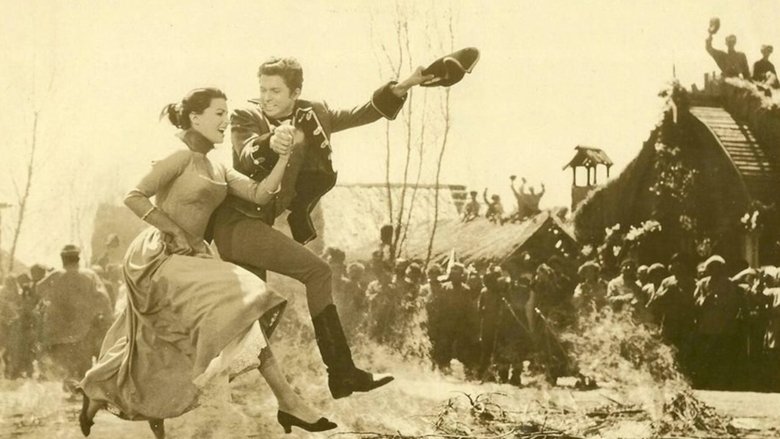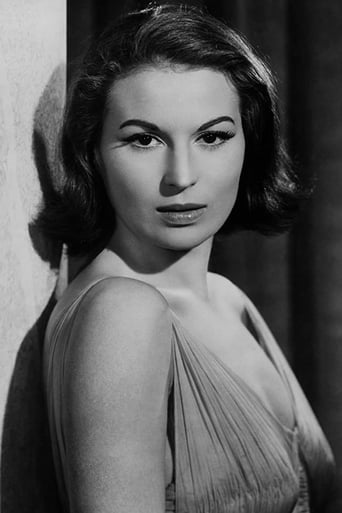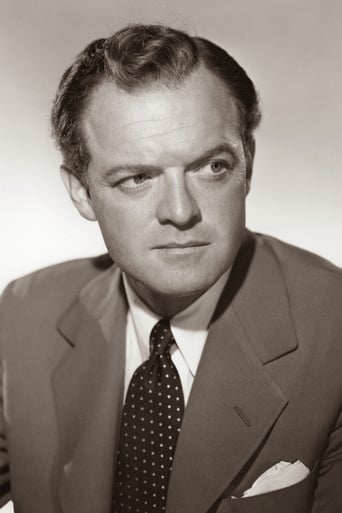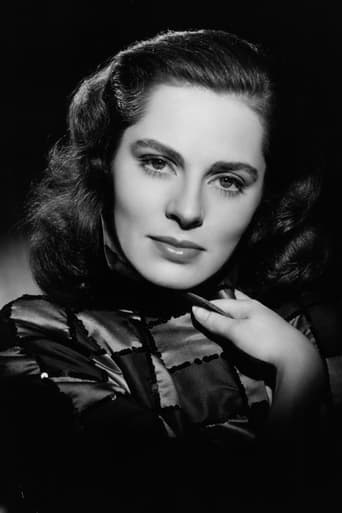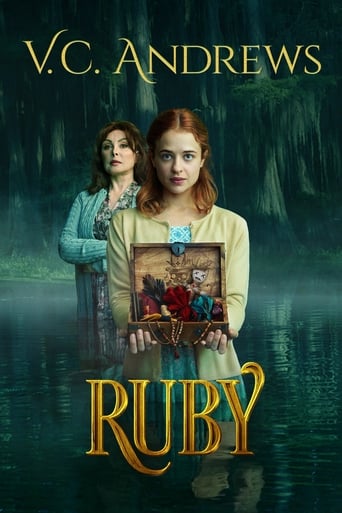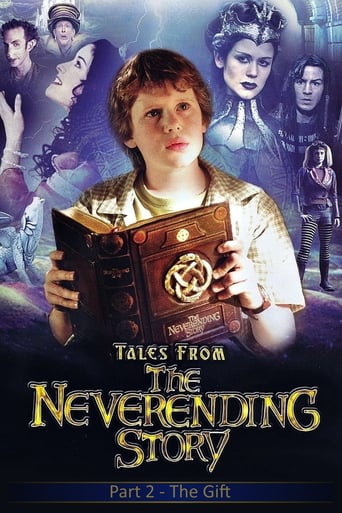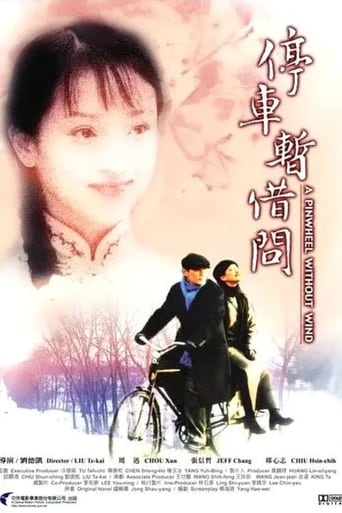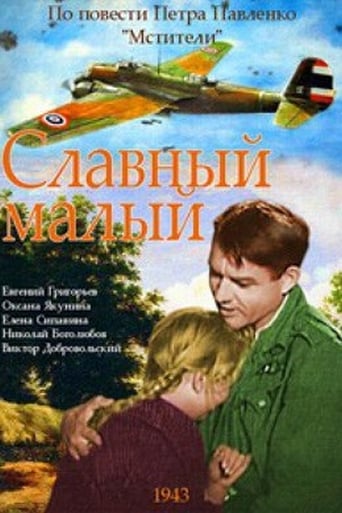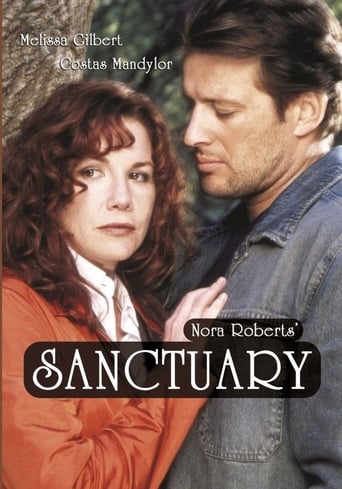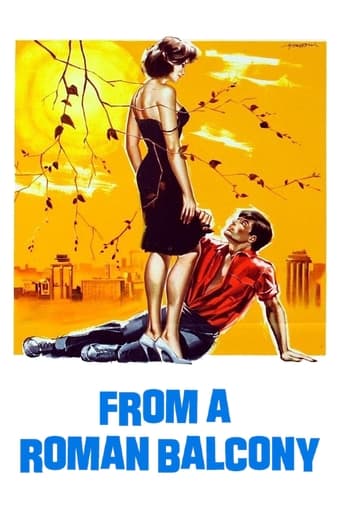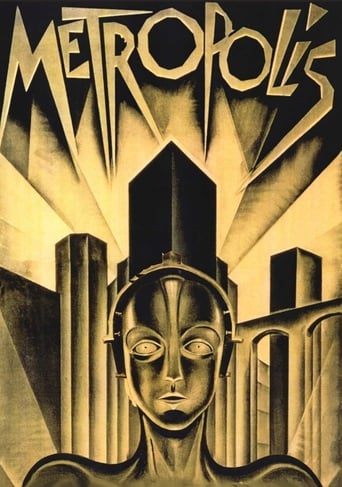Tempest (1958)
A young officer in the army of Empress Catherine of Russia is on his way to his new duty station at a remote outpost. During a blinding snowstorm he comes upon a stranger who was caught in the storm and is near death from freezing. He rescues the man and eventually brings him back to health. When the man is well enough to travel, the two part company and the man vows to repay the officer for saving his life. Soon after he arrives at his new post, a revolt by the local Cossacks breaks out and the fort is besieged by the rebels. The young officer is astonished to find out that the leader of the rebellious Cossacks is none other than the stranger whose life he had saved during the storm.
Watch Trailer
Cast


Similar titles
Reviews
Undescribable Perfection
After playing with our expectations, this turns out to be a very different sort of film.
It's a good bad... and worth a popcorn matinée. While it's easy to lament what could have been...
A terrific literary drama and character piece that shows how the process of creating art can be seen differently by those doing it and those looking at it from the outside.
I had missed a TV broadcast of this in the original Italian language as a kid though, recently, a snippet from an early sequence was shown during the introduction of the specialized "After Hours" program. Incidentally, these last couple of years I have been trying to land a serviceable copy of the film – both for myself and a film-buff friend of my Dad's – but, while this was the most satisfactory of three I had at some point, it still leaves a lot to be desired: gleaned from a German print (albeit Widescreen when the others were not) with the English dialogue mixed in, there remain several imperfections like audio drop-outs and fluctuating levels, while one brief scene is still presented in German with superimposed English subtitles! Anyway, the film was clearly made by mogul Dino De Laurentiis as a follow-up to another Russian-set epic, WAR AND PEACE (1956), which had been a co-production between the U.S. and Italy; this was a more European-based venture (inspired by an Alexander Pushkin tale), actually shot in Yugoslavia(!), though it still featured numerous English-speaking actors and a few of them were even ported over from the famed Leo Tolstoy adaptation (namely Oscar Homolka, Helmut Dantine and Vittorio Gassman). The others include Viveca Lindfors (as Catherine The Great – which is why I incorporated this in my current viewing schedule, as part of an intermittently progressing Josef von Sternberg retrospective), Van Heflin (as the pretender to her throne, a peasant who believes himself to be her deceased husband Peter III! – curiously enough, I have just checked out the thematically-related SHADOW OF THE EAGLE {1950} and which had actually employed a similar ruse), Geoffrey Horne (fresh from his secondary-cum-cowardly role in THE BRIDGE ON THE RIVER KWAI {1957} but now upgraded to lead/hero status), Robert Keith, Agnes Moorehead and Finlay Currie; the most notable element on the Italian front, then, is Silvana Mangano (Mrs. De Laurentiis herself) – obviously, albeit ably, filling in the female protagonist slot.Again, in comparison to WAR AND PEACE, this was given a manageable running-time of 122 minutes when the earlier film had lasted for a staggering 208 and, while that one recruited two directors and two cinematographers (one foreign and one local in each case), this would only utilize home-grown talent in either department (with d.p. Aldo Tonti being involved in both pictures as well) – though Michelangelo Antonioni, soon to embark on his major art-house period, was reportedly brought in for a brief stretch during filming, as would also be the case around this same time with the peplum SIGN OF THE GLADIATOR! In any event, apart from the rich and sprawling visuals (pertaining to scenery, costumes and battle sequences), the main asset here proves to be Piero Piccioni's rousing score.That is not to say that the plot is not involving – at least Heflin's bloodthirsty campaign, built more on his vainglorious personality (in the type of larger-than-life part Orson Welles would often get to play in such international productions) than actual battle tactics, and the no-less ruthless military strategies by which Catherine defeats the usurper (incidentally, the two leaders only get to meet briefly at the very end) – but it is bogged down somewhat by cliché (the eternal triangle situation involving Horne, Mangano and hissable villain Dantine), melodrama (Currie's disowning of son Horne after he is accused by the dying Dantine of treason) and sentimentality (not only long-suffering manservant Homolka's devotion to Horne but Heflin's enthusiastic attachment to same after having been saved by him from freezing to death).In conclusion, I would like to point out that I also own the 1928 American film by the same title with John Barrymore which, though still a Russia-based epic, it is set during the seminal 1917 revolution that toppled the monarchy once and for all though the Communist ideals of the Proletariat regime that came into power in its stead emerged pretty soon to be just as oppressive as the old system (the long-term result of which was the country's dismemberment into smaller independent states and its former reputation as a superpower getting severely diminished in the process)!
There has been not many films on Russian historical events (other than local products). "Tempest" is a co-production (French, Italian and Yugoslavian) that deals with a cossack uprising against empress Catherine II's ruling in Russia. It is in my opinion a very acceptable movie rather accurate to facts in its underground and with a fine screenplay in the surface.The plot is interesting and precisely managed by Italian Director Alberto Lattuada. The film doesn't lack spectacle and intensity with fine battle scenes and action sequences that could qualify it as a true epic. Wide open outdoor color shooting and good interior settings also help the product.But what really hurts the picture, and badly, is the important role of Russian officer Grinov played by a completely miscast-ed Geoffrey Horne. He just doesn't fit at all as the man who unknowingly saves the rebels leader life and from then on is the character that allows viewers to know about Pugachov's reasons and ideas that led him to raise against the empress in an almost impossible task. Horne's acting is definitely poor and he lacks the strength and passion his role demands. On the other hand, Van Heflin does a very good work and plays most convincingly Emelyan Pugachov the man who dared to challenge the powerful Catherine (in fact I can't recall a bad performance from Heflin in films). The rest of the cast is correct, mainly Agnes Moorehead, Oskar Homolka, Silvana Mangano (you just can't understand how she could fall in love with Horne's dull and inexpressive character) and Viveca Lindfors as the empress.But all in all "Tempest" is a watchable and most entertaining film in its genre.
thousands "epic" AND, largely through the excellent acting of Van Heflin, Agnes Moorehead, and a couple other real actors and intelligent segments of the script, one of the better historical films. Van Heflin is totally believable as the pretender to the throne and is quite charismatic. If only, say, El Cid's Anthony Mann had directed, with Yakima Canutt as battle scene director, this movie could have been fantastic. As it is, the first battle scene, the storming of a fort, is largely wasted by thousands of ill-directed extras slogging forward. The last battle scene, however, has a certain sweep and indication of tactics that make it quite effective. Personally I think it Van Heflin's finest performance. A very much underrated actor.
A privileged soldier in Catherine The Great's Russian Army of 1770, was sent to a distant post for disciplinary reasons. On he way there, he picked up a half frozen man and revived him. At the new garrison he fell in love with the Captian's daughter. Against orders he fought a duel with his foe. During this time, the man whose life he saved - had been uniting the Russian Cossacks in uprisings to over throw Catherine.

